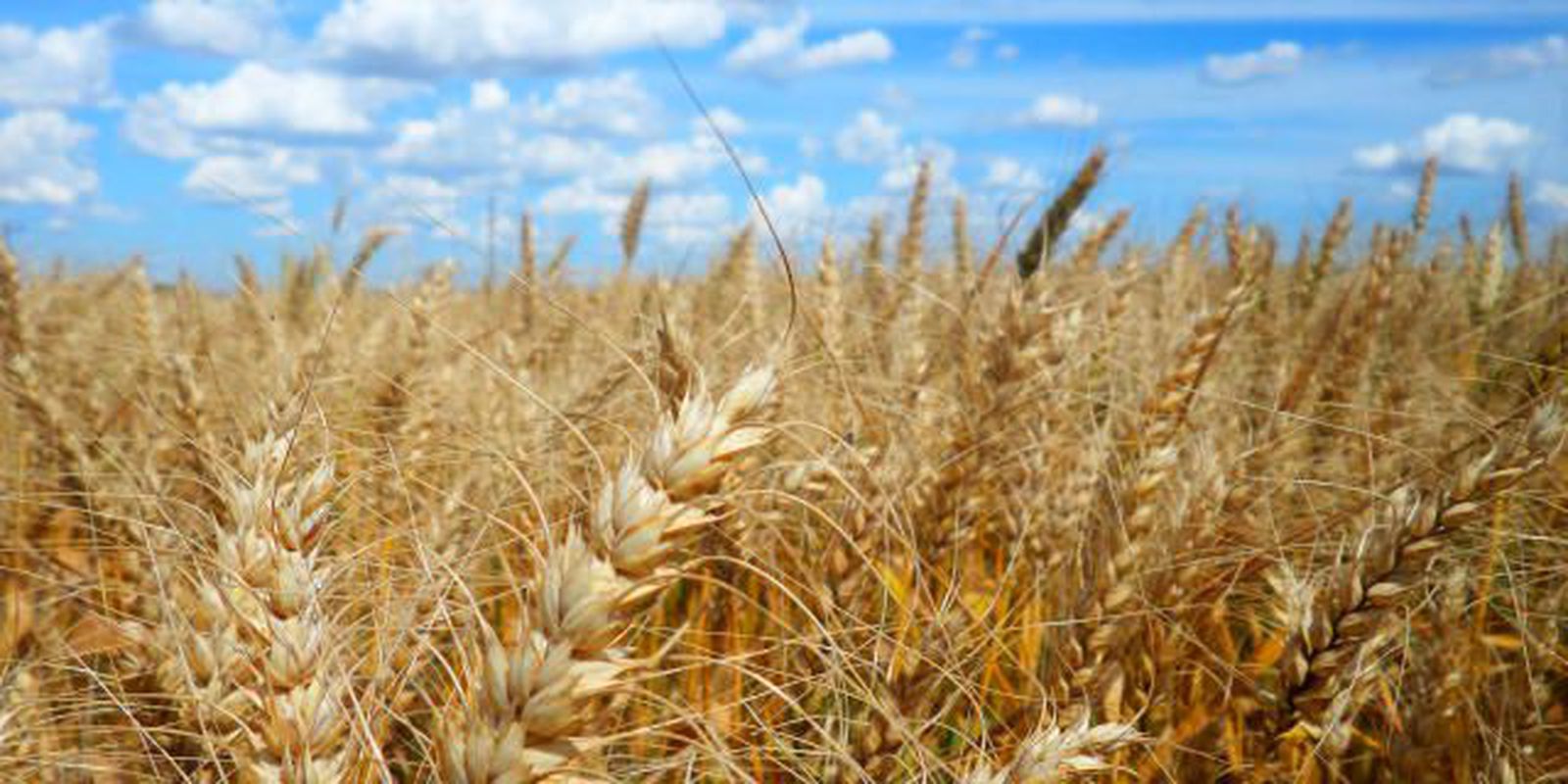The National Biosafety Council (CNBS), chaired by the chief minister of the Civil House, Rui Costa, has until April 5 to decide on the planting of transgenic wheat in Brazil. The planting was approved on March 1st by the National Technical Biosafety Commission (CTNBio).
The decision was published in Official Diary of the Union on the 7th of this month. From then on, the CNBS would have a period of 30 days to express its opinion on the matter. “If it does not manifest itself in 30 days, it (the planting) is released”, he told the Brazil Agency the president of CTNBio, Paulo Barroso. “Now, it’s still on that deadline.”
The CNBS received a letter from civil society organizations asking for the cancellation of the release of HB4 transgenic wheat cultivation and the importation of HB4 transgenic wheat flour. The document is signed by a collective of organizations and social movements and was filed on March 20. He denounces violations in the approval process of the genetically modified product, dangers to health, the environment and food sovereignty. Wheat is part of the basic diet of the Brazilian population. The text was also forwarded to the Federal Public Ministry (MPF) and to the National Forum for Combating the Impacts of Pesticides. The organizations allege that CTNBio’s decision was taken without public debates and technical analyses.
Dry
The president of CTNBio, Paulo Barroso, recalled that transgenic wheat flour has already been released for consumption in Brazil since 2021. This wheat could be produced in Argentina or in any other country and brought to Brazil. “What we did was a release for planting in the country”. Barroso explained that the main characteristic of this wheat is associated with drought tolerance, which is a serious problem resulting from global warming and climate change. “So, if there is a drought, this wheat can contribute not only to producers in the South, but to producers in other Brazilian states”.
He clarified that CTNBio does not evaluate wheat characteristics, whether it is good in that agricultural sense. “What we do is an assessment of its safety in relation to the environment, human health and animal health”. According to Barroso, a detailed assessment was made regarding the flour, as well as the possibility of production in the country. ”And there’s nothing about this GM wheat that makes you believe it’s any different from conventional wheat. From the point of view of the environment and human and animal health, we considered it to be similar to conventional wheat”.
Innovation
Paulo Barroso stated that in a scenario of world conflict and difficulties in global food, this wheat could be a good alternative. “I think that any technological innovation that allows greater sustainability in the production process is very welcome”. According to Barroso, the institutions are questioning the use of a specific herbicide to which this wheat is also resistant. It is tolerant to a herbicide called glufosinate ammonium. The president of CTNBio explained that it is not within the scope of the institution to authorize the use of this ammonium glufosinate in a total area as a herbicide in wheat. The responsibility for this lies with the Ministry of Agriculture, the Brazilian Institute for the Environment and Renewable Natural Resources (Ibama) and the National Health Surveillance Agency (Anvisa), within the scope of the Pesticides Law.
According to Barroso, this herbicide is already being used by farmers, not at the time of planting, to control weeds, but as a desiccant, at the end of the cycle, with the wheat grains already formed, to kill the plant. “To be harvested, the wheat plant needs to be dead, it needs to be dry”. Growers then add this herbicide at the end of the cycle in order to prepare the plant for harvesting. This authorization has already been given by the three bodies, within the Pesticides Law. Barroso made it clear that it is nothing new to use this herbicide in the wheat crop. “It is already used on a large scale, mainly in the states of the southern region of the country”.
The CNBS will not evaluate the issue of security, but other aspects in relation to the relevance of the technology to the country. “The security part was evaluated by CTNBio. The result of the evaluation carried out was that the transgenic wheat is as safe as the conventional one, both for human consumption and for planting in the country.
Embrapa
Embrapa Wheat is currently carrying out field evaluations, “with full regulatory rigor”, of the genetically modified material. The information was given to Brazil Agency by the head of Embrapa Trigo, Jorge Lemainski. “The company has a design to evaluate in the field these materials that have the introgression (transfer or permanent introduction of genes from one species to another) of the HB4 gene, which is from the sunflower”. The goal is to see if there is tolerance to water stress, that is, if it can produce with less water. This work is in progress to verify whether this type of result is produced in the Brazilian environment.
One of the demands of the study is to see if the genetically modified materials have equivalence with their similar ones. Five Embrapa Trigo cultivars are being evaluated for this purpose in the Cerrado region. Lemainski highlighted fundamental aspects regarding the safety of products containing this HB4 gene. The first is that it has been present in sunflower since the beginning of consumption of this plant by humans and animals, without any associated health problem having ever been reported. Another thing is that “no proteins or metabolites other than those naturally existing in non-transgenic varieties are found”, he guaranteed. The head of EmbrapaTrigo estimated that it will take between three and five years to produce results in the Brazilian environment.
Concern
For agronomist Leonardo Melgarejo, member of the Biodiversity Working Group of the National Articulation of Agroecology (GT ANA), the approval of the planting of transgenic wheat in Brazil by CTNBio did not observe the rules in force, which indicate the need for a prior public hearing . The second issue is that, for the first time, the approval puts a genetically modified product for human consumption that will contain loads of an herbicide (ammonium glufosinate) “extremely toxic, to the point of causing an aberration of a cell division process. This is the most serious thing there can be, from the point of view of the development of organisms, because cell division is the basis for the formation of all organs, of the entire metabolic process”, noted Melgarejo.
He said that in addition to the problem in the reproductive process, the herbicide causes an impact on the central nervous system. “It means that all consumers will be threatened.” He added that the transgenic wheat containing this herbicide will be present in the three daily meals of Brazilians. “This poison has been banned in the European Union since 2019.” It also impacts animal health and the environment, said the agronomist. “This poison will be available to people in increasing quantities and will end up in water supplies as the drought problem progresses.”
Melgarejo informed that studies in Argentina show that, in the areas where this transgenic wheat was grown, it did not show the same response as in laboratory tests, “where it is known as resistant to drought”. For him, this reaffirms that further studies of different realities and ecosystems in Brazil are needed, to verify whether this optimistic expectation of a drought-resistant gene works in the real world.
Leonardo Melgarejo was, for six years, representative of the Ministry of Agrarian Development at CTNBio. He said that, eventually, the commission makes decisions by majority, without taking into account arguments presented by members of the minority. He also said that the approval of the planting of transgenic wheat was decided by people appointed by a minister in the government of former president Jair Bolsonaro. “This is relevant.”














